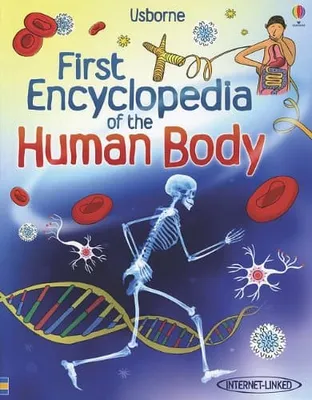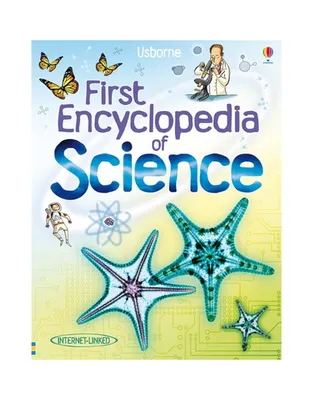Home
The Body as Object and Instrument of Knowledge: Embodied Empiricism in Early Modern Science



The Body as Object and Instrument of Knowledge: Embodied Empiricism in Early Modern Science
Current price: $199.99
Loading Inventory...
Size: OS
This volume focuses on the development of empiricism as an interest in the body – as both the object of research and the subject of experience. Re-embodying empiricism shifts the focus of interest to the ‘life sciences’; medicine, physiology, natural history. In fact, many of the active members of the Royal Society were physicians, and a significant number of those, disciples of William Harvey and through him, inheritors of the empirical anatomy practices developed in Padua during the 16
century. Indeed, the primary research interests of the early Royal Society were concentrated on the body, human and animal, and its functions much more than on mechanics. Similarly, the Académie des Sciences directly contradicted its self-imposed mandate to investigate Nature in mechanistic fashion, devoting a significant portion of its Mémoires to questions concerning life, reproduction and monsters, consulting empirical botanists, apothecaries and chemists, and keeping closer to experience than to the Cartesian standards of well-founded knowledge.
These highlighted empirical studies of the body, were central in a workshop in the beginning of 2009 organized by the unit for History and Philosophy of Science in Sydney. The papers that were presented by some of the leading figures in this area are presented in this volume.


















